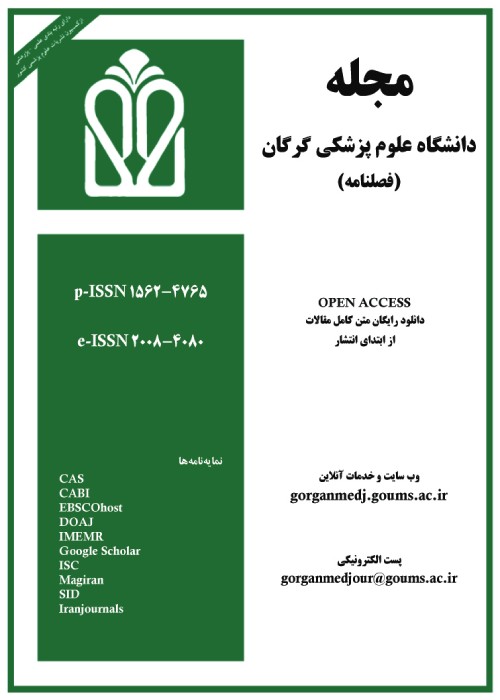The Legislative Challenges of Hermaphrodites in Iranian Criminal Law
Hermaphrodite patients are individuals who, due to various issues such as chromosomal, gonadal or hormonal disorders that occurred during pregnancy, experience physiological abnormalities in their genital area after birth. As a result, they may have both male and female genitalia or be born ambiguously as a baby boy with female sexual organs, or vice versa. In order to study the challenges presented by this condition in the Islamic Penal Code, sources were collected from Irandak, Normagz, and SID Civilica Jihad academic databases using keywords such as hermaphrodite, neutrality, criminal policy, gender identity disorder, gender ambiguity, recidivism, multicrime, neutral jurisprudential rule, and factors that reduce responsibility due to thematic and conceptual relevance. The time frame considered for the study was from 1980 to 2022, and 57 sources were included. The criteria for inclusion in the study were criminal, jurisprudential, and medical articles related to hermaphroditic and criminal topics relevant to the questions posed in the article. The purpose of this study is to provide a correct explanation of the challenges in the Islamic Penal Code and to answer them. Given the nature of these disorders and the lack of knowledge among affected individuals, families, and society, as well as the exclusion of the conditions of these patients in different laws, this article attempts to explain the place of hermaphrodites in medical science, how this disorder occurs in these individuals, and the introduction of hermaphrodite patients in Islamic jurisprudence. It also discusses where these individuals are placed as human beings in Imamiah jurisprudence. The most important part of this article is devoted to the articles of the Islamic Penal Code regarding the commission of crimes such as hudud, retribution, blood money, and punishment. The most significant challenge in implementing penal law for these patients is the lack of differential criminalization. Specifically, there is a need to develop criminal laws for crimes that these individuals are more likely to commit and determine appropriate punishments, such as obtaining a guarantee of non-custodial executions. In addition, during the investigation phase, there is a lack of an appropriate differential procedure for this category of patients. This requires training for judges and officers, such as police and officers dealing with these patients, as well as adaptation of detention spaces (detention centers and prisons) to prevent victimization or re-offending due to the special mental and physical conditions of these patients. In conclusion, research on hermaphrodite patients is necessary to change attitudes towards them and take practical measures at the social level in legislative, judicial and executive criminal policy. This article uses a descriptive method and library sources to explain and analyze this purpose.
- حق عضویت دریافتی صرف حمایت از نشریات عضو و نگهداری، تکمیل و توسعه مگیران میشود.
- پرداخت حق اشتراک و دانلود مقالات اجازه بازنشر آن در سایر رسانههای چاپی و دیجیتال را به کاربر نمیدهد.



